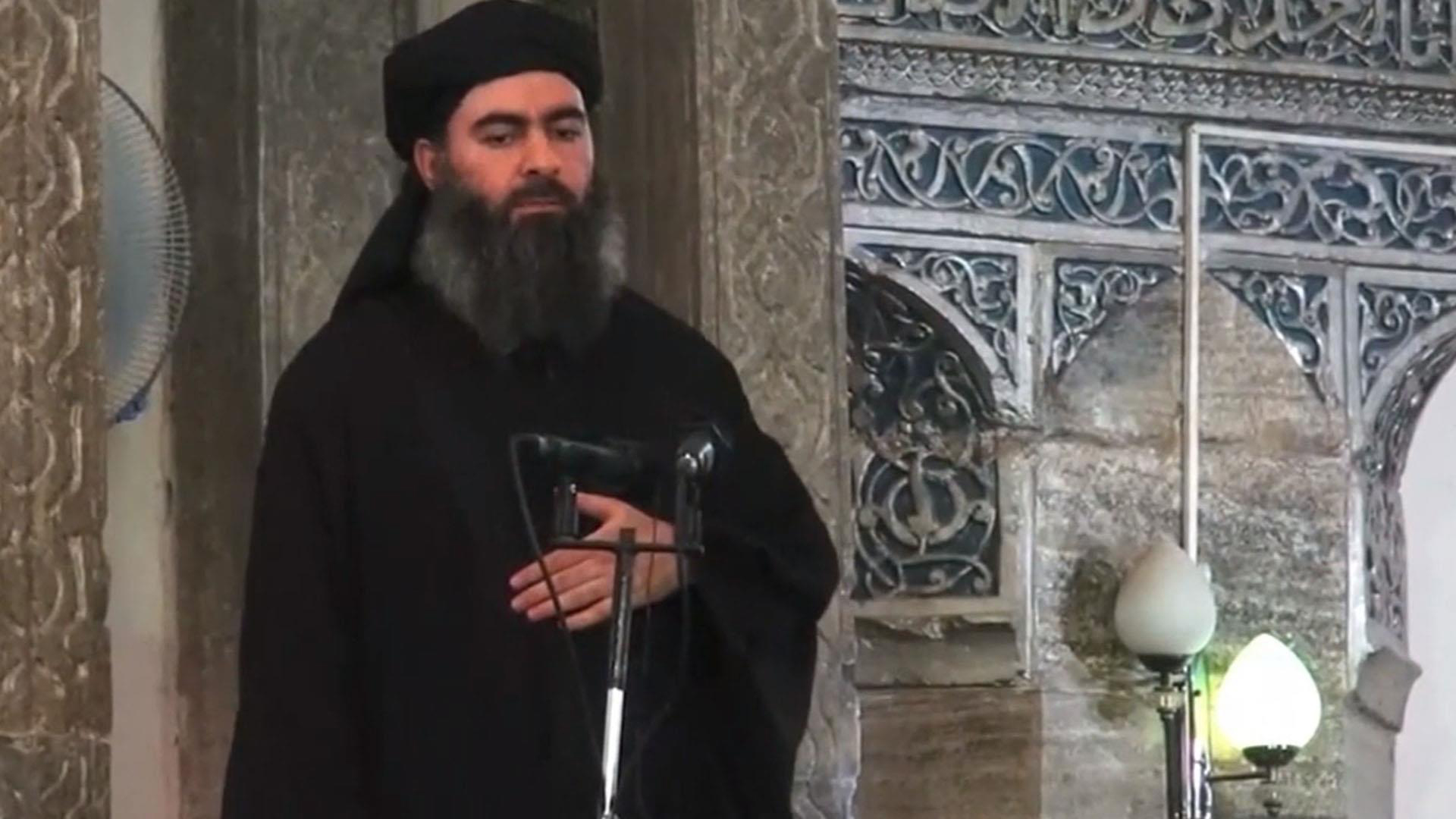Despite claims by the Russian military, there are a number of good reasons to believe the leader of ISIL is not dead, writes Amir Musawy
Over the past few years, news agencies have reported the death of Abu Bakr al-Baghdadi, leader of the terror organisation known as the Islamic State in Iraq and Levant (ISIL), many times. The latest such report came from Russian news agency TASS, quoting the Russian Defence Ministry, saying that al-Baghdadi may have died as a result of an air strike carried out by Russian fighter jets near the Syrian province of Raqqa. Yet confirming or refuting the news depends on several facts that make it difficult to predict the fate of the self-claimed caliph.
The truth is that Baghdadi has avoided media appearances, unlike al-Qaeda leader Osama bin Laden, who was keen to appear in the media. However, both men, despite these divergent tendencies, needed to communicate with supporters and fighters. This is especially true at times of great military pressure, such as was felt by al-Qaeda in the final stage of bin Laden’s life, and presently with the military campaigns against ISIL underway in Syria and Iraq, which is causing it to lose territory and control of many of the cities that have been under its control.
I believe al-Baghdadi may have survived the air strike, for three reasons. Firstly, he has lived in the Upper Euphrates Valley in the border region between Iraq and Syria for a long time, and knows it and its inhabitants well. He lived in Ramadi from 2006 to 2009 and married an Iraqi woman from the city of Hit in central Iraq, before moving to work with the senior media personnel of al-Qaida in Syria.
He then returned to Iraq and was elected a member of the Council of Shura al-Mujahideen, the high council that elects the leader of the organisation. Those who know the border region with Syria from the cities of Qaim and Albu Kamal (in Syria) up to the city of Mayadeen know that the area is geographically difficult, with holes and cracks in the ground that serve as perfect hideouts. The area is also one of al-Baghdadi’s most important strongholds and provides a safe haven, because most of the tribes in the region submit to the organisation and there is no rival group there.
ISIL’s ruler knows that the planes and spies of the world’s most powerful countries, the US and Russia, are racing to kill him. Since Zarqawi and his successor Abu Omar al-Baghdadi were killed in an air strike in Iraq and bin Laden was killed in a US operation, al-Baghdadi and the leaders surrounding him, many of whom have military expertise from their time as part of Saddam’s military forces, would not risk meeting near a city under constant aerial surveillance.
Secondly, al-Baghdadi is not directly responsible for the operations and military movements of his fighters. His leadership is symbolic and religious. He only sends general directives and urges his followers to resist and to carry out suicide attacks against his enemies. Iraqi security experts agree on the difficulty of reaching al-Baghdadi, because he doesn’t move around a lot and depends on the emirs to execute his orders.
Thirdly, the Russian statement says that al-Baghdadi was killed on May 20, 2017, which means more than 20 days have passed since his supposed death without ISIS issuing any statement to confirm it. The organisation must declare (according to Sharia) the death of its leader, and all members of the Shura Council are bound to announce it. Whenever a leader is killed, another one must be elected to continue the mission (which requires an emir or a caliph), according to the organisation’s ideology. For instance, Abu Bakr al-Baghdadi was elected caliph of the organisation directly after announcing the killing of Abu Omar al-Baghdadi.
Based on these facts, I do not think that al-Baghdadi has been killed, though it is difficult to confirm either way.
Amir Musawy is a Berlin-based, Iraqi journalist.




